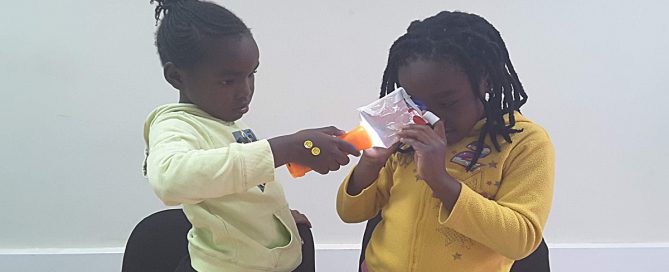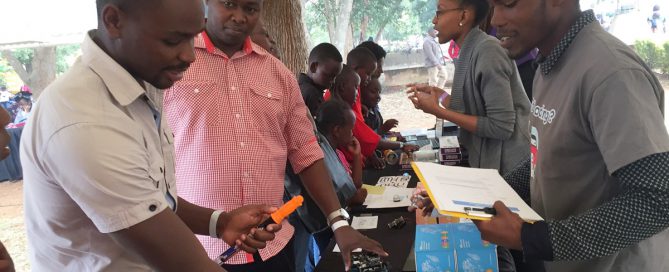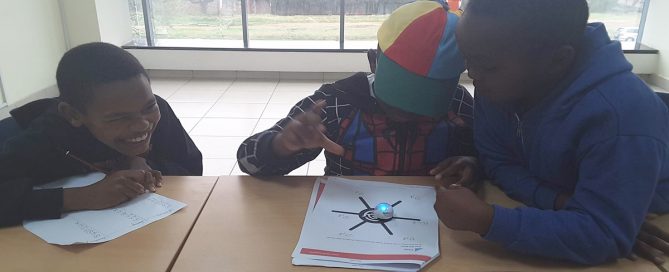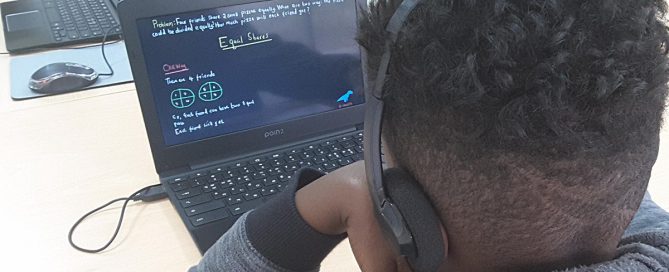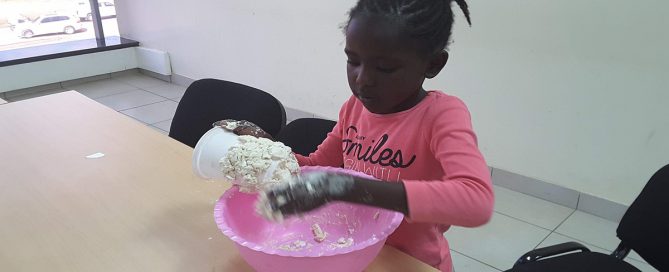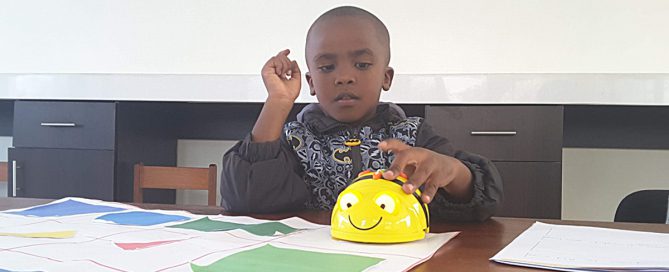Building a Kaleidoscope
Create kaleidoscope and experience beautiful and symmetrical forms Have you ever looked inside a kaleidoscope? You can see different, yet amazing patterns with a kaleidoscope. During the Life Science course, our students made their own kaleidoscopes using mirrors and beads. Students saw for themselves that kaleidoscopes create different patterns like the one [...]
Tinker Education Participates in the Churchill Kids Festival
Tinker Education joined the Churchill Kids Festival on August 25th. It was awesome to be in the presence of so many young children! A lot of parents and kids visited the Tinker Education booth to know and experience about the innovative future education STEM and the super K-Math programs. [...]
Enhancing Computational Skills with Ozobot
Wouldn’t it be great to learn computational skills in a fun and easy way? That’s exactly what we do at Tinker! Students are learning about the “random” concept, which is a very important concept in computational skills as well in math. How does Ozobot help to learn computational skills? Students [...]
Launch of Customized Math Program Based on Precise Analysis of Each Student
Is your child having difficulty in math? Do you want your child to get higher math scores at school? K-Math provides customized learning based on analyzing each student's math competency! Before our official K-Math launch in September, we held a one-week showcase class. K-Math is different since [...]
Making Seedling Pots to Observe Plants’ Life Cycle
Our i:Spy 2 class students learn science principles by doing experiments and applying them to real life. This class is comprised of students aged 5-7 years old, and they learn science concepts and principles that match Grades 1 and 2 of the U.K. curriculum. Our students recently learned about the life [...]
Learning Algorithms with Bee-bot!
Can you explain what an algorithm is? It seems like a difficult concept, right? Algorithm is a solution to solving a problem, which is based on conducting a sequence of specified actions. But our Tinker students aged 5-7 have proved their understanding of algorithms! How? With the help of [...]


